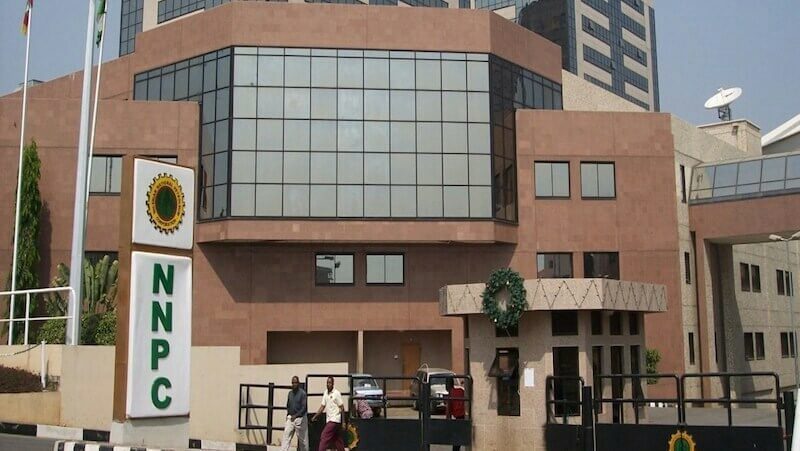Nigeria’s effort to achieve independence in the domestic refining of petroleum product is achievable through Public-Private Partnerships, the Chief Operating Officer, Refining, Nigerian National Petroleum Corporation, Mustapha Yakubu, has said.
Yakubu said this during the Society for Petroleum Engineers Nigeria Energy Industry Transformation Summit which held virtually.
Advertisement
The SPE summit for the year focuses on the ‘Changing Global Energy Landscape: Strategy for Industry Sustainability.’
Yakubu who spoke on the state owned corporation’s strategy towards self sufficiency in domestic refining, said the country’s refining independence effort would come through, “collaborative efforts, bringing synergy into play and also partnership.”
The NNPC is the country’s largest asset holder across the Nigerian oil and gas industry.
Despite the huge asset, Africa’s oil giant has spent N2.95trn and N1.71trn on petroleum importation between 2018 and 2019 according to an official document.
Advertisement
The spending on petroleum import in 2018 and 2019 constitutes 22.4 per cent and 10. 75 per cent of the country’s net import during the two year period respectively.
Yakubu said it is unfortunate that despite NNPC assets, the country has made little progress in energy independence.
He explained that Nigeria’s refineries are at “shutdown mode because it has to be fully rehabilitated to ensure that the country produces within the business it was set up for.”
He disclosed the corporation is not pleased with the country’s current state of reliance on impoted petroleum products.
“The effort of the NNPC refinery rehabilitation directorate centres around improvement and enhancement of the domestic refinery capacity and also to gradually end Nigeria’s dependence on petroleum product importation,” yakubu said.
Advertisement
NNPC’s refineries have combined capacity of 445,000 barrels per day and an average Premium Motor Spirit consumption capacity of 65 million litres per day.
The COO noted that the country needs additional refining capacity and pipeline infrastructure development to attain self sufficiency.
The refining chief added that the country could increase social and economic prosperity on a local level through planned investment in domestic refining of hydrocarbon.
He noted that the NNPC has adopted three strategies to lead the country’s energy transition drive.
Yakubu said the strategies include, rehabilitating the dilapidated refineries, establishing condensate refineries of 200 kbpd and to support private refinery initiatives.
The COO said “We have feasibility on the Port Harcourt refinery. The NNPC targets a minimum of 90 per cent utilisation capacity when the country’s refineries become functional.”
Advertisement
He explained that after rehabilitation; the NPPC would adopt a new model to run its refineries to avoid “going back to where it is coming from.”
He said the NNPC would bring onboard an operation and maintenance contract to run the refineries, while retaining equity holdings.
He also explained that the government had adopted so many initiatives to encourage private sector refining efforts.
The Department of Petroleum Resources had deregulated the prices of petrol, which is an official signal of the country’s deregulation of the downstream sector.
Yakubu stated that the deregulation would allow private sector players to get returns on their investments.
He noted that under a regulated environment, it would be difficult for the private sector players to make profit.



